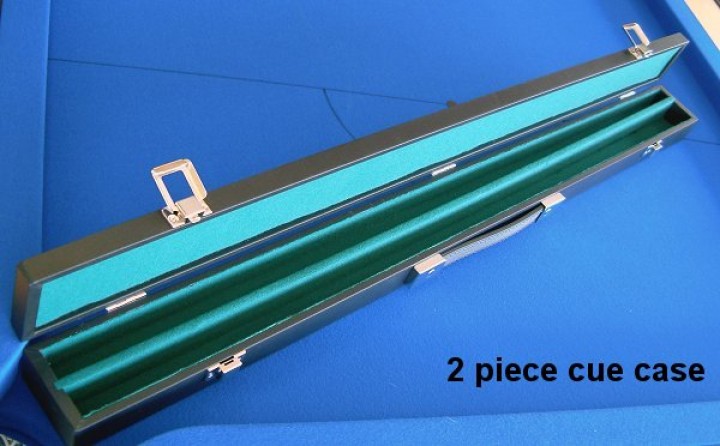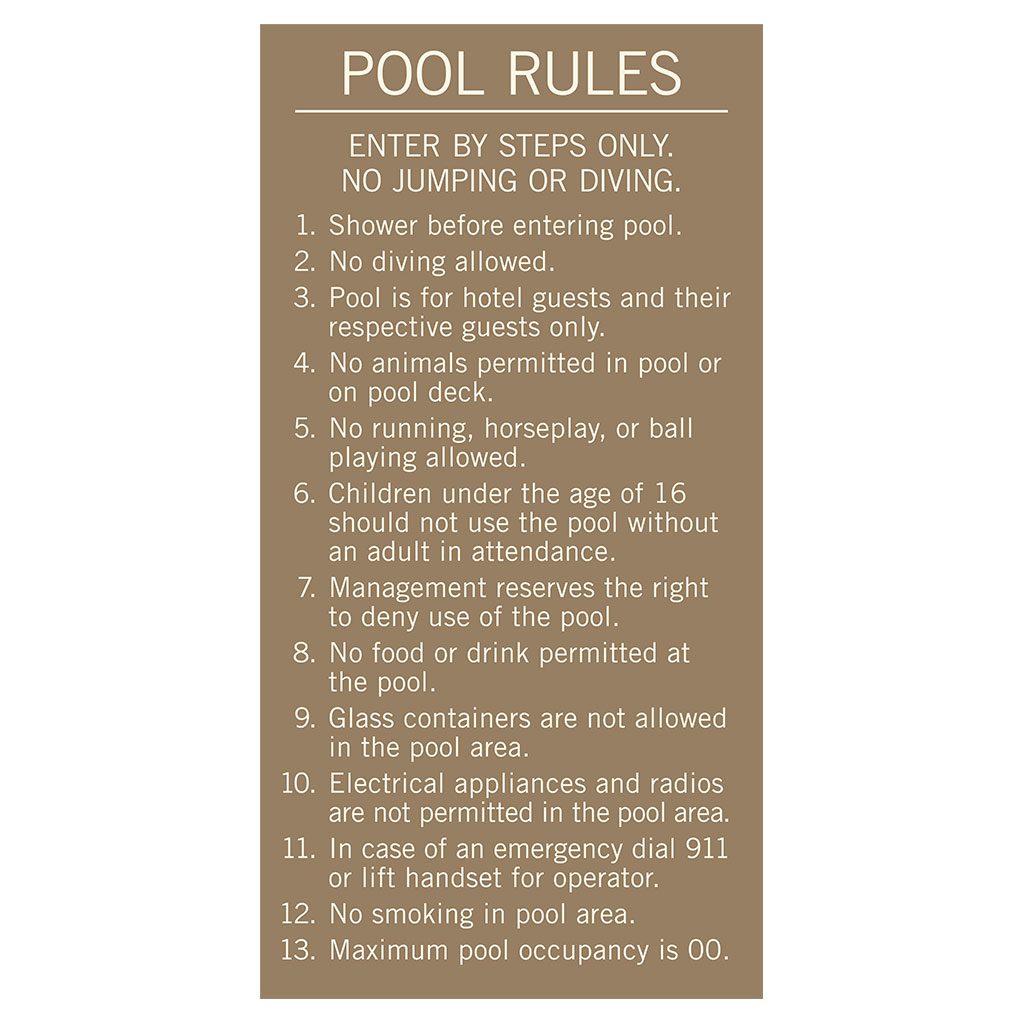
When it comes to pool, there are many different types of cues available. They vary in size and weight so it is important to pick the right cue for you and your style of play. It is easy to feel overwhelmed but it's possible find the right cue for you. Here are some examples of pool cues.
Consider the length of your pool cue when purchasing a new one. Because a shorter length allows you to reach overhead and lift the cue while stroke, A longer length, on the other hand will make it easier to control the stroke and handle the cue. Also, make sure the cue is appropriate for your height and arm length. For example, if you're a tall child, you'll need to buy a 48" or 52" pool cue. If you're an adult, you can choose a cue that's a bit longer, like a 61" cue.
The tip type is another consideration. Many pool cues include a leather tip. Others have a layered tip. A layered tip can be more consistent and lasts longer. Other options include nylon, suede or linen. Make sure your tips are not greasy and smooth. They will wear out quickly, so it's best to invest in a tip that lasts.

Next is the ferrule. The ferrule is an area on the stick under the tip that protects the cue from damage. Nylon ferrules for pool cues work better with heavy balls. They aren't as prone vibrating which can reduce your accuracy.
In addition, you'll want to take a look at the joint of your cue. Most pool cues feature joints at half or three-quarters down the shaft. The easiest joints are those that are closest to the center. It will be easier to store a cue with a central joint.
If you're looking for a top-of-the-line pool cue, you'll want to look at the shaft. A pool cue with a high-quality shaft will typically cost you between $300-500. Shafts with brass and carbon-fiber finishes are also very popular.
If you look at materials, some pool cues can be made from hardwood. Maple is a common wood used for pool cues in the United States. But, exotic woods are also available. Even if you decide on a less expensive option, it's best to ensure the material is strong enough to handle the heavy cue ball.

Finally, the wrap of your pool cue should be smooth and even. It should have no raised or knotted areas. Some cues come without a wrap. However, you might prefer a customized design.
As you can see, there are a number of factors to consider when choosing a pool cue. Whether you're an avid gamer or just learning to play, a good pool cue will give you the precision and power you need to achieve your goals.